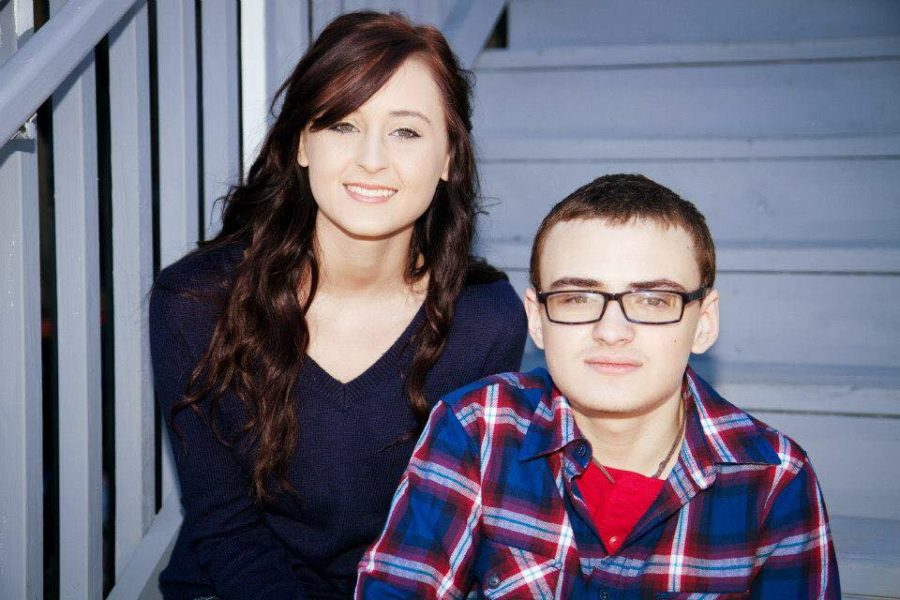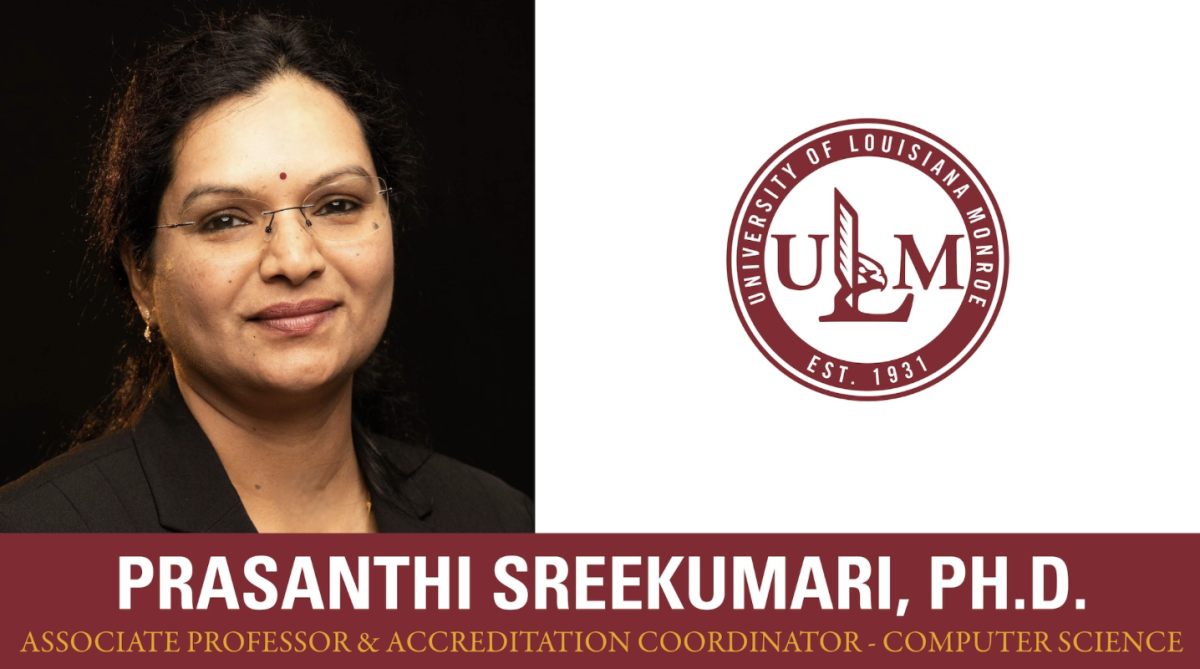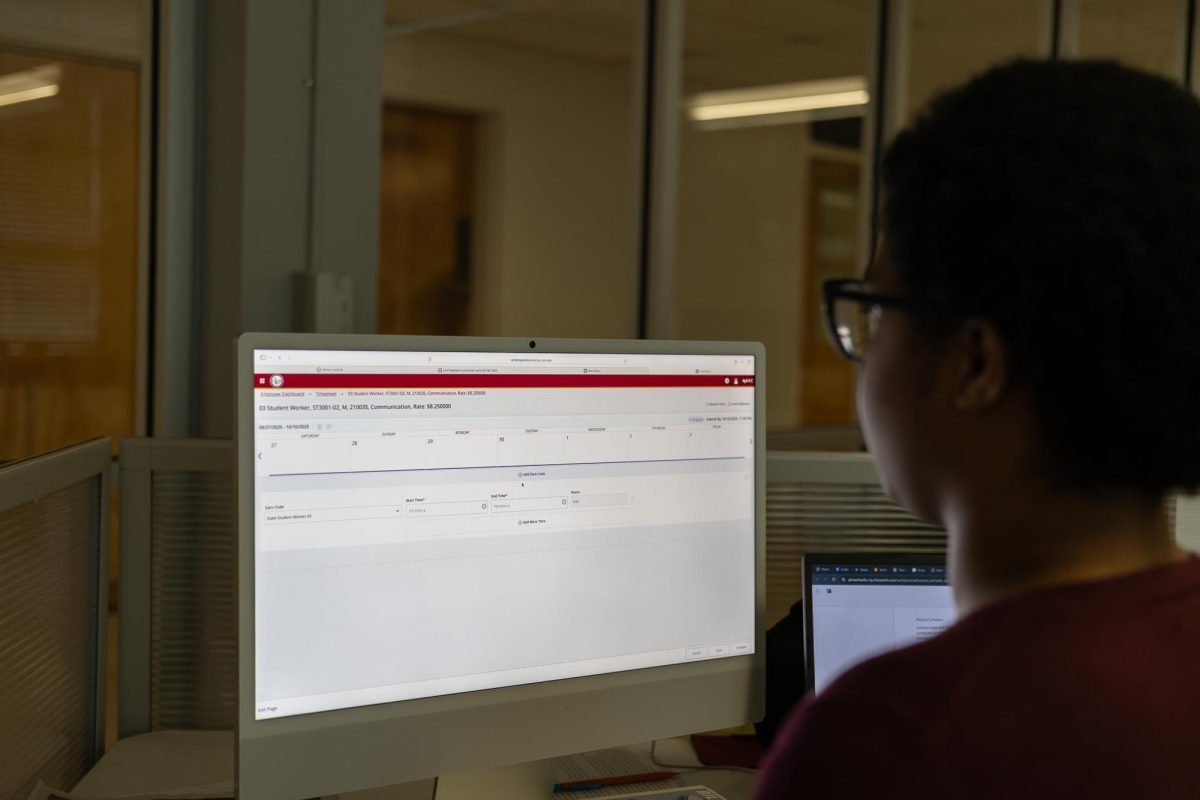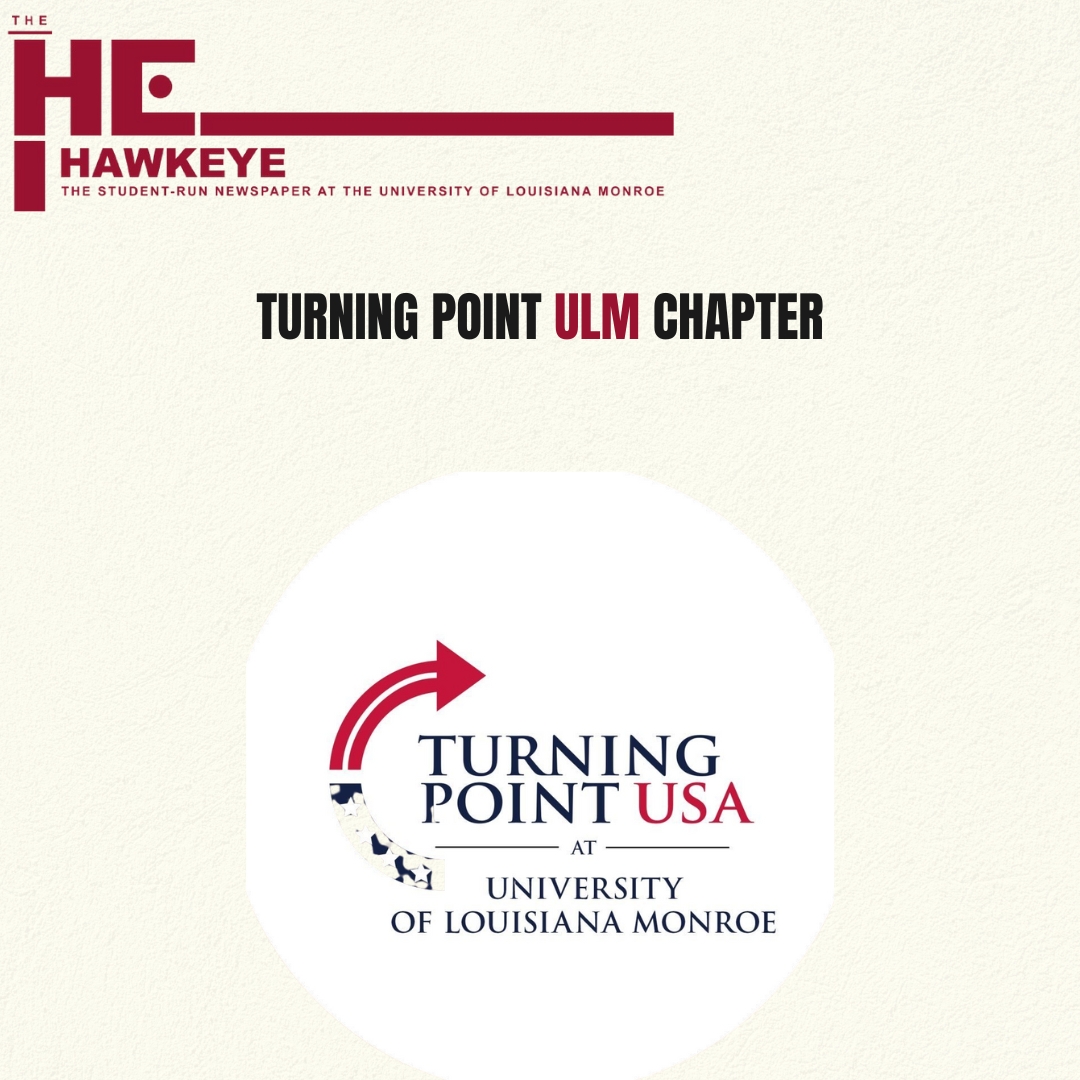Easter eggs and bunny ears are often associated with the month of April. It is also Autism Awareness Month, something Kristie Stark is very familiar with.
Stark’s younger brother has a certain type of autism called Asperger Syndrome, a disorder that “affects the ability to effectively socialize and communicate.”
Stark said he often says whatever he’s thinking at the moment, without realizing what he’s saying.
“He has a very hard time in all social settings,” said Stark, a sophomore speech pathology major. “What most people define as inappropriate things in normal conversation, he doesn’t see them as that.”
Stark said her brother, like most kids with Asperger’s Syndrome, has a hard time making friends, which makes him feel alone and “secluded.”
Though he is limited in his social life, Stark said he is very active in his education. There are certain subjects he can’t understand as well as others, but he does well in science and math.
Autistic children also tend to have a hobby that they are “borderline obsessed” with. Her brother’s happens to be video games.
Stark said she thinks autism is something that communities across the country should learn more about.
“It’s frustrating to go somewhere and be stared at, simply because people don’t understand the disability he has,” Stark said.
About one in 68 babies will have autism at birth and about 3.5 million Americans live with autism today, according to autismsociety.org.
In June 2014, researchers estimated the lifetime cost of caring for a child with autism is as great as $2.4 million.
Autism society also estimates that the United States is facing $90 billion annually in costs for autism.
There are many ways to donate to educating and spreading the awareness of autism, but one is to start in your community
Another way is to share a personal story to make people aware.





